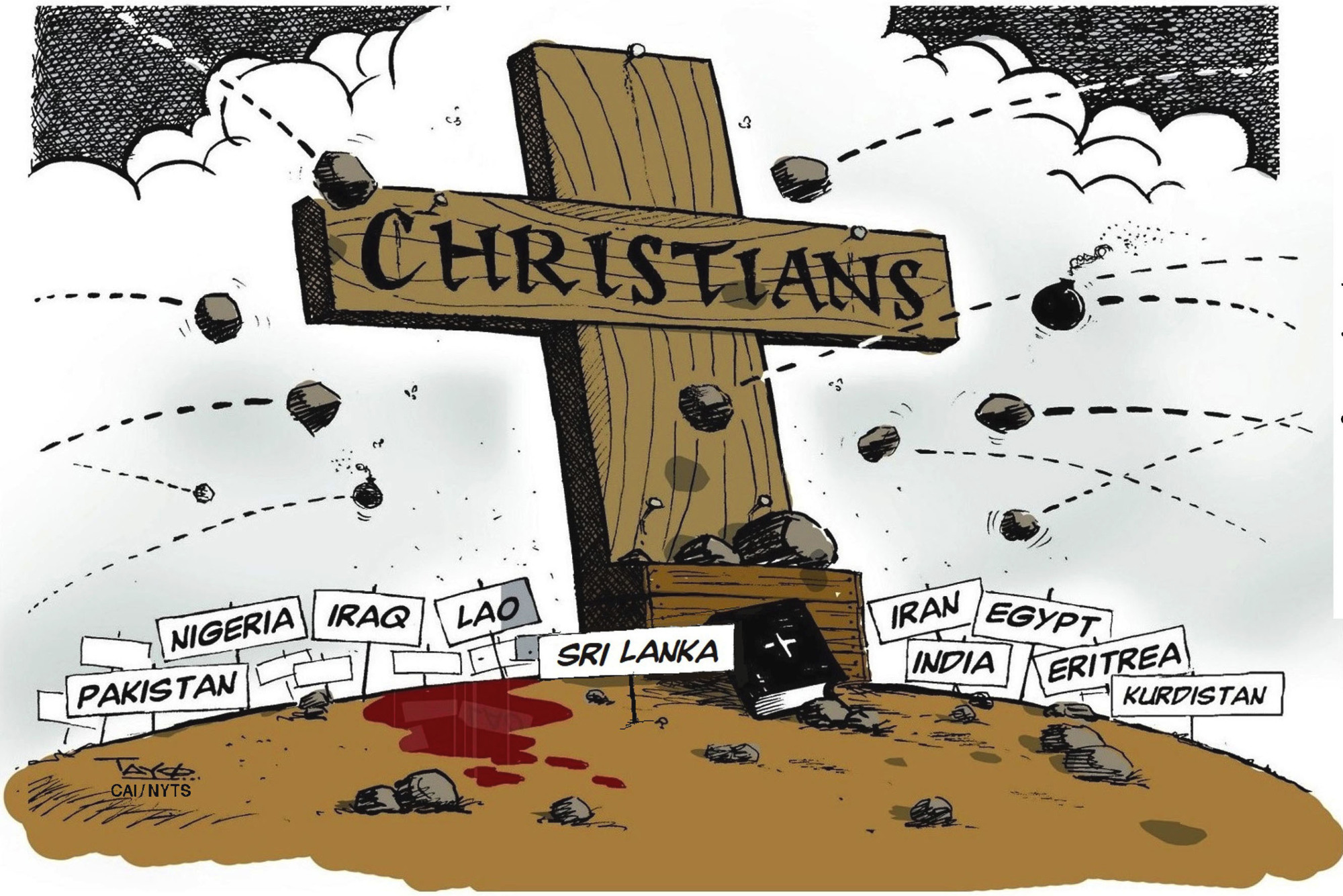In Sri Lanka, memories of war and terrorism are very much alive. The decades-long civil war between the Sinhala-dominated government in Colombo and the Liberation Tigers of Tamil Eelam was brutal by any standards, and it ended a decade ago with a climactic battle near the Indian Ocean that took thousands of civilian lives. But Sri Lanka, beautiful and multicultural, has never had just the one fault line. On Easter morning, when hundreds of Christians and hotel guests were killed by suicide bombers there, we were tragically reminded that this is not a country at peace with itself.
In that, it's not alone in South Asia. The entire subcontinent that the British once ruled from Delhi has seen, over the past decade, religious and ethnic identities harden and divisions deepen. Pakistan and Afghanistan continue to be hotbeds of extremism and terrorism, with religious minorities most vulnerable to violence.
In Buddhist-majority Myanmar, democratization has proved a mixed blessing, as the new government has overseen the persecution and expulsion of its Muslim Rohingya minority.



















With your current subscription plan you can comment on stories. However, before writing your first comment, please create a display name in the Profile section of your subscriber account page.